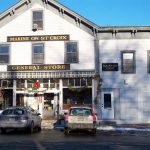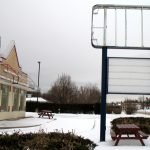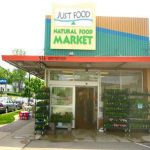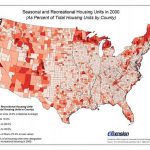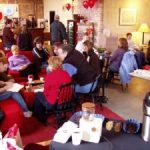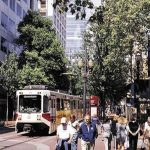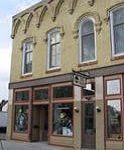Revisiting the General Store Concept
A focal point of many small, rural towns has long been the local general store: a place for supplies, groceries, a cup of coffee and a gathering place for local residents. Over time many of these businesses have had to close their doors due to a number of factors including increased competition with large, regional, retail giants. In some cases the lack of a general store gathering place has contributed to a decline in the quality of life for many small communities. This has lead some residents and entrepreneurs to work on reviving their local general store. This issue examines the role that general stores play in enhancing the quality of life in small rural communities.
Read More...